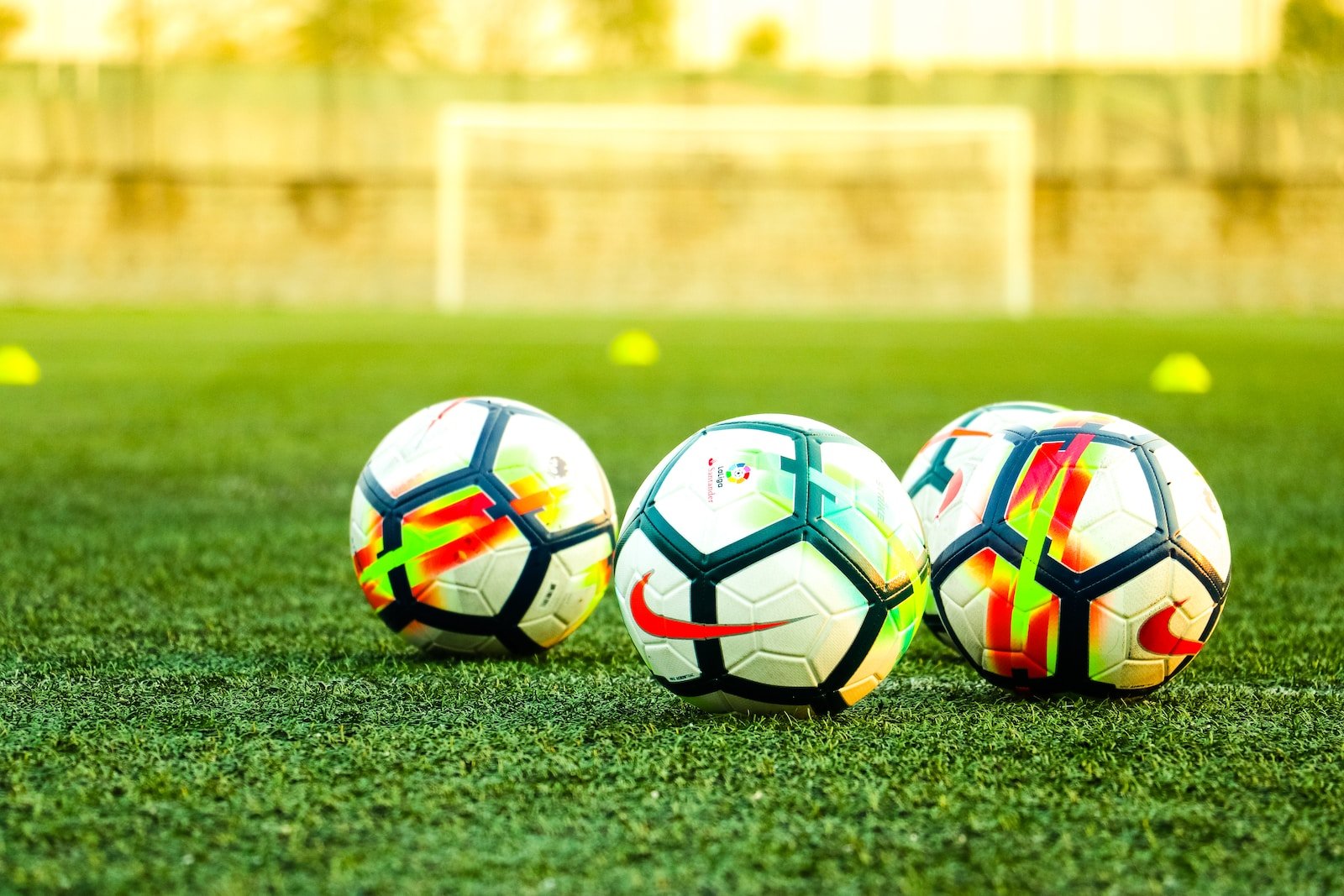Soccer, a sport that unites and captivates the world, has its moments of ecstasy, especially when victory is achieved. Still, it is also a game where the narrative isn’t always straightforward. The recent match where China’s national soccer team secured a 2-0 win against Vietnam exemplifies this complexity. On the surface, the victory seemed neat and polished. But a closer analysis paints a different story, revealing that the Chinese team’s gameplay requires a deeper introspection.
The triumphant moments in the match belonged to Wang Qiuming and Wu Lei, whose goals concluded China’s winless stretch spanning two games. However, this win, though morale-boosting, might be veiling deeper structural issues within the squad. A significant statistic highlighting this is China’s ball possession, which lingered at a mere 37.1% against Vietnam’s dominating 62.9%. When we measure this against the standards of international play, China’s performance appears lackluster for a team with such ambitions.
A critical highlight from this match was Wu Lei’s equalization with Liu Haiguang as the all-time top scorer for the Chinese national team – a testament to Wu’s talent and tenacity. However, while individual achievements deserve celebration, they shouldn’t eclipse the broader concerns regarding the team’s collective performance.
Historical data indicates that China has mostly held the upper hand against Vietnam, boasting nine victories in their last ten encounters. Yet, for many Chinese soccer aficionados, a particularly stinging memory persists – the 3-1 defeat to Vietnam during the World Cup Asian qualifiers on Chinese New Year in 2022. This loss, juxtaposed against a festive backdrop, intensified the disappointment.
The subsequent year, 2023, saw China engaging with teams ranking lower on the FIFA scale, aiming to bolster confidence ahead of the World Cup qualifiers. But the September matches, where China drew with Malaysia and suffered a defeat from Syria, reignited concerns about the team’s prowess. Consequently, these outcomes ignited a maelstrom of criticism from passionate supporters.
A potential reason for these underwhelming results might be the missing nine budding players who were occupied with the Asian Games. The clock is ticking, and with the 2026 World Cup Asian qualifiers looming, integrating these players seamlessly is imperative.
Marcello Lippi, the celebrated Italian coach who steered the Chinese team from 2016 to 2019, observed a peculiar trend. Chinese players, despite their successes on the club level, exhibited dwindling confidence on the international stage. Lippi’s tenure did introduce some tactical advancements. However, his vision faced impediments, primarily due to the challenges presented by the Chinese Football Association. Under the present coaching of Aleksandar Jankovic, it seems history might be repeating, with players grappling with immense pressure.
Handling match pressure isn’t merely a skill but an art. Jankovic emphasized this post the Vietnam match. Hence, rigorous psychological conditioning and exposure to international matches are quintessential for these players.
Jankovic’s position is also a conundrum. He is caught between ensuring victories to solidify his role and granting younger players essential on-field exposure, which might entail risks.
The forthcoming World Cup qualifiers and the initial phase of the Asian Cup next year will test the mettle of these players. The emphasis should be on nurturing the younger players to thrive under duress.
In summation, while instant solutions might seem enticing, building a formidable national soccer team is an enduring journey. It demands patience, strategy, and unwavering dedication.
READ MORE:
